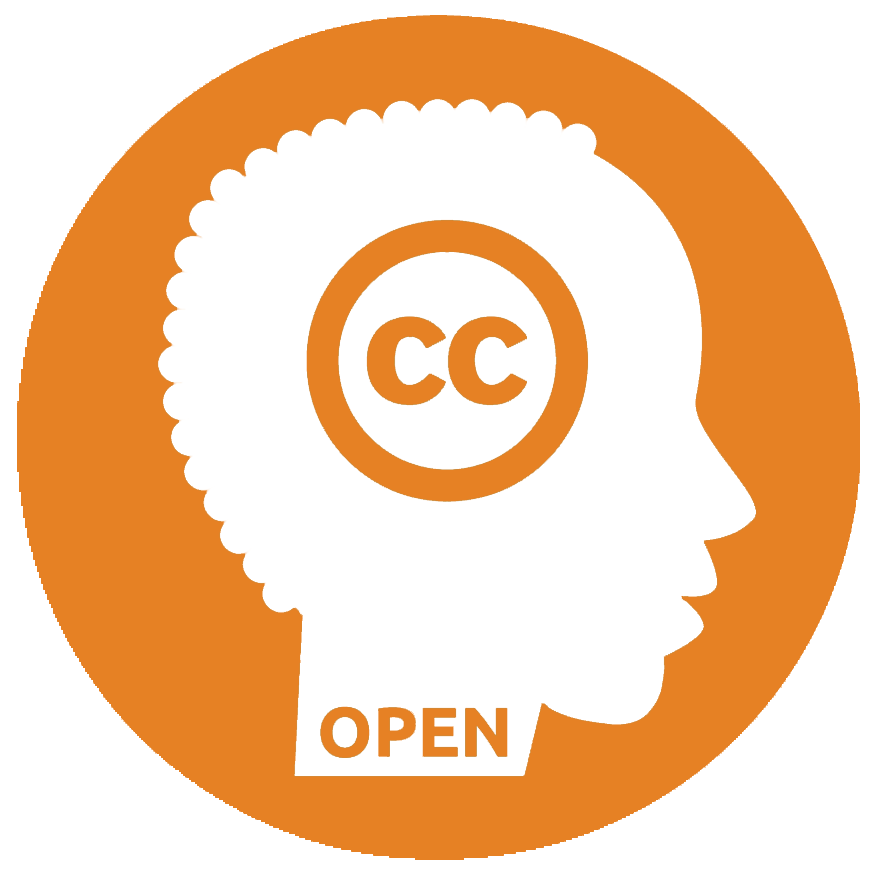Full Library
Updated Meta-Analysis of Learner Control Within Educational Technology
Resource type
Journal Article
Authors/contributors
- Karich, Abbey C. (Author)
- Burns, Matthew K. (Author)
- Maki, Kathrin E. (Author)
Title
Updated Meta-Analysis of Learner Control Within Educational Technology
Abstract
Giving a student control over their learning has theoretical and intuitive appeal, but its effects are neither powerful nor consistent in the empirical literature base. This meta-analysis updated previous meta-analytic research by Niemiec, Sikorski, and Walberg by studying the overall effectiveness of providing learner control within educational technology, the characteristics of instruction along the continuum of learner control, and elements of the instructional environments that may play a role in the effectiveness of educational technology. The search terms identified 85 distinct articles, 18 of which met the inclusion criteria (29 effects were computed). The overall effect of including learner control within educational technology was almost zero (g = 0.05), and were also near zero when examining most characteristics of control and classroom contextual factors. Moderate effects were reported for providing learner control within social studies/history courses and for comprehensive technology instructional programs. The effects were larger for behavioral outcomes than academic outcomes, but both were small.
Publication
Review of Educational Research
Volume
84
Issue
3
Pages
392-410
Date
09/2014
Journal Abbr
Review of Educational Research
Language
en
ISSN
0034-6543, 1935-1046
Accessed
27/09/2022, 11:52
Library Catalogue
DOI.org (Crossref)
Citation
Karich, A. C., Burns, M. K., & Maki, K. E. (2014). Updated Meta-Analysis of Learner Control Within Educational Technology. Review of Educational Research, 84(3), 392–410. https://doi.org/10.3102/0034654314526064
Instructional domain (subject)
School or home
Moderating variables
Learning Approach
Teacher Pedagogy
Research methods
Effect size/ heterogeneity
HIC/LMIC
Quality of research
Link to this record

